To provide the best experiences, we use technologies like cookies to store and/or access device information. Consenting to these technologies will allow us to process data such as browsing behaviour or unique IDs on this site. Not consenting or withdrawing consent, may adversely affect certain features and functions.
The technical storage or access is strictly necessary for the legitimate purpose of enabling the use of a specific service explicitly requested by the subscriber or user, or for the sole purpose of carrying out the transmission of a communication over an electronic communications network.
The technical storage or access is necessary for the legitimate purpose of storing preferences that are not requested by the subscriber or user.
The technical storage or access that is used exclusively for statistical purposes.
The technical storage or access that is used exclusively for anonymous statistical purposes. Without a subpoena, voluntary compliance on the part of your Internet Service Provider, or additional records from a third party, information stored or retrieved for this purpose alone cannot usually be used to identify you.
The technical storage or access is required to create user profiles to send advertising, or to track the user on a website or across several websites for similar marketing purposes.
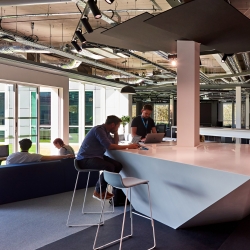 Over a third of younger office workers forced to work from home feel remote, unfocused and less committed to their employers, posing a real threat to businesses in the medium and long term, new research from Oktra claims. Of 1,500 people surveyed, who used to work in an office full time but have been working at home for the last six months, the experience has changed the way that 71 percent of them feel about their employer; 85 percent have struggled with the experience of remote work. (more…)
Over a third of younger office workers forced to work from home feel remote, unfocused and less committed to their employers, posing a real threat to businesses in the medium and long term, new research from Oktra claims. Of 1,500 people surveyed, who used to work in an office full time but have been working at home for the last six months, the experience has changed the way that 71 percent of them feel about their employer; 85 percent have struggled with the experience of remote work. (more…)




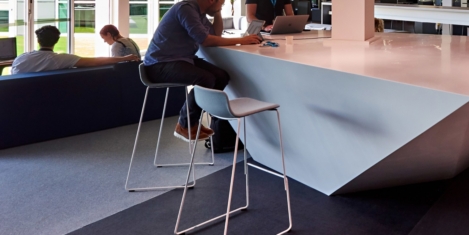
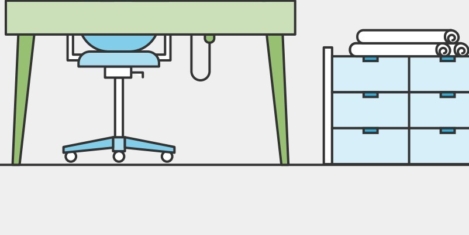
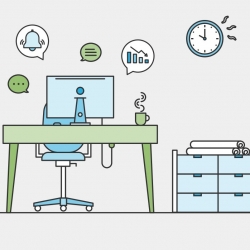

 A new model of competitiveness devised by academics at
A new model of competitiveness devised by academics at 

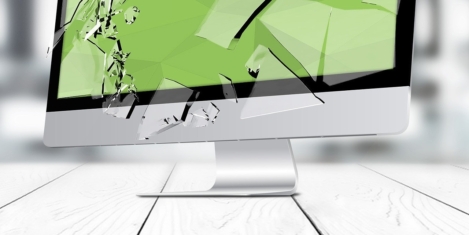
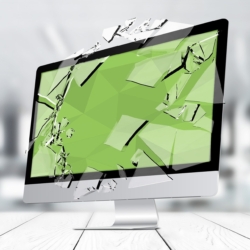 There are some good things about working in an office. Constant supplies of tea and coffee (if you’re lucky), gossip with your co-workers, and paper clips in every colour. But one of the best things has to be that when something goes wrong with your computer, the in-house IT helpdesk will have it sorted out quicker than you can say ‘so which buttons do you want me to press?!’ However, home workers don’t have this luxury.
There are some good things about working in an office. Constant supplies of tea and coffee (if you’re lucky), gossip with your co-workers, and paper clips in every colour. But one of the best things has to be that when something goes wrong with your computer, the in-house IT helpdesk will have it sorted out quicker than you can say ‘so which buttons do you want me to press?!’ However, home workers don’t have this luxury. 


 Businesses in the UK are disproportionately made up of logical and rational thinkers, over intuitive and expressive ones, claims a new study. The study from
Businesses in the UK are disproportionately made up of logical and rational thinkers, over intuitive and expressive ones, claims a new study. The study from 















October 15, 2020
The wellbeing needs of men and women can be very different
by Alaana Woods • Comment, Flexible working, Wellbeing